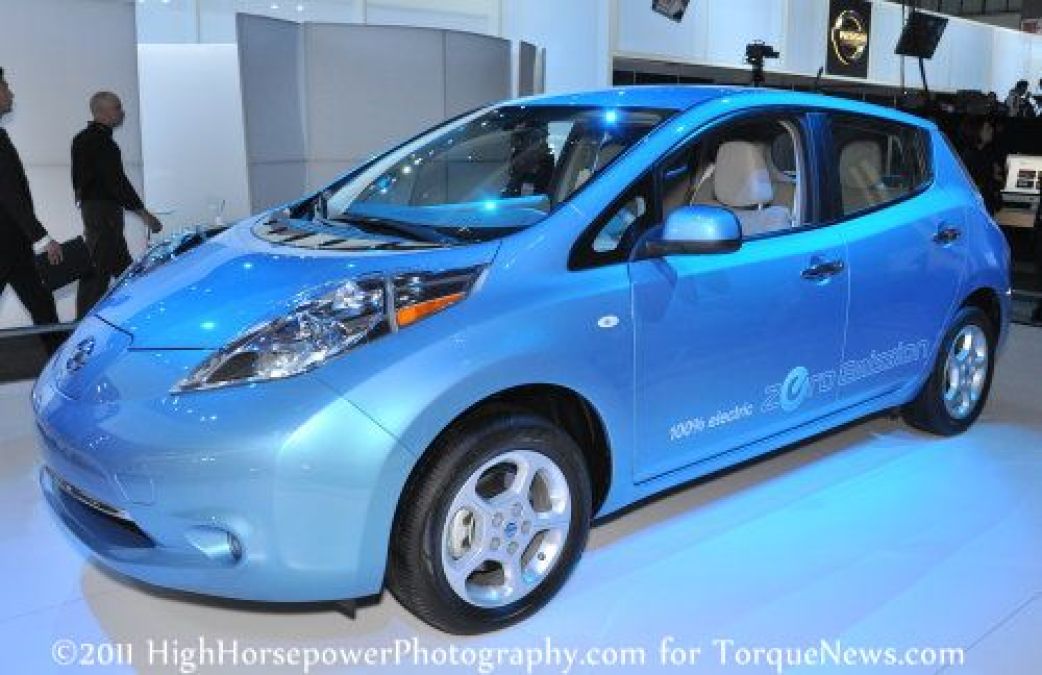Grant For Range Anxiety Removal. The University of California, Riverside, have received a nice $95,000 grant from the California Energy Commission to see if navigation devices could help extend the range of various electric vehicles by up to 10%. While the idea seems bold, it has a lot of merit and makes use of ample wasted computing cycles available today.
Technically Speaking. Cloud computing is yet another rehash of something most computing companies have always understood, big data centers crunch big numbers in a relatively short amount of time. In essence, we are witnessing the rebirth of yesterday’s mainframes and somewhat dumb-terminals. All of this can be put to good use when it comes to managing electric cars, EV and various plug-in hybrids, PHEV. By collecting real-time data information about traffic, road surface, vehicle state, atmospheric conditions and more, better management of this information would boost the efficiency and performance of cars. Researchers at the Center for Environmental Research and Technology, CE-CERT want to use this data to create what they call an "eco-routing algorithm". This algorithm would ease traffic by helping drivers use better routes requiring the least amount of charge. How’s that for smart computer use?
The Ghost Of Range Anxiety. Thanks to a campaign instilling fear in the minds of would be buyers, range anxiety has been used to deter many from buying alternative energy modes of transportation. But with the use of computer programs, real-time data crunching and cloud computing, the efficiency of cars and drivers could be boosted, thus saving on gasoline, electricity and stress.
Stuck In Traffic. While electric cars don’t fear being stuck in traffic as much as their gasoline counterparts, the following scenario could spell anxiety for many. Imagine being stuck in a slow traffic. Now imagine you didn’t have time to completely recharge your car or forgot. Stop and go might not affect pure electric cars as much as other cars, but it will nonetheless drain a battery pack if repeated enough. Whether you have a plug-in hybrid or electric car, the anxiety level would rise. Of course, the same would hold true for gasoline drivers. This use of technology could be helpful for any modes of transportation.
So far, tests have shown that a reduction of 5% to 15 is possible. And this begs to question the last question, what about privacy? As always, our society offers a lot of tradeoffs in order to enjoy the conveniences we have at our disposal. Even so, using real-time computing to determine better routes could be a boon for your gasoline and electric budget, without even mentioning lowering your traffic stress.





